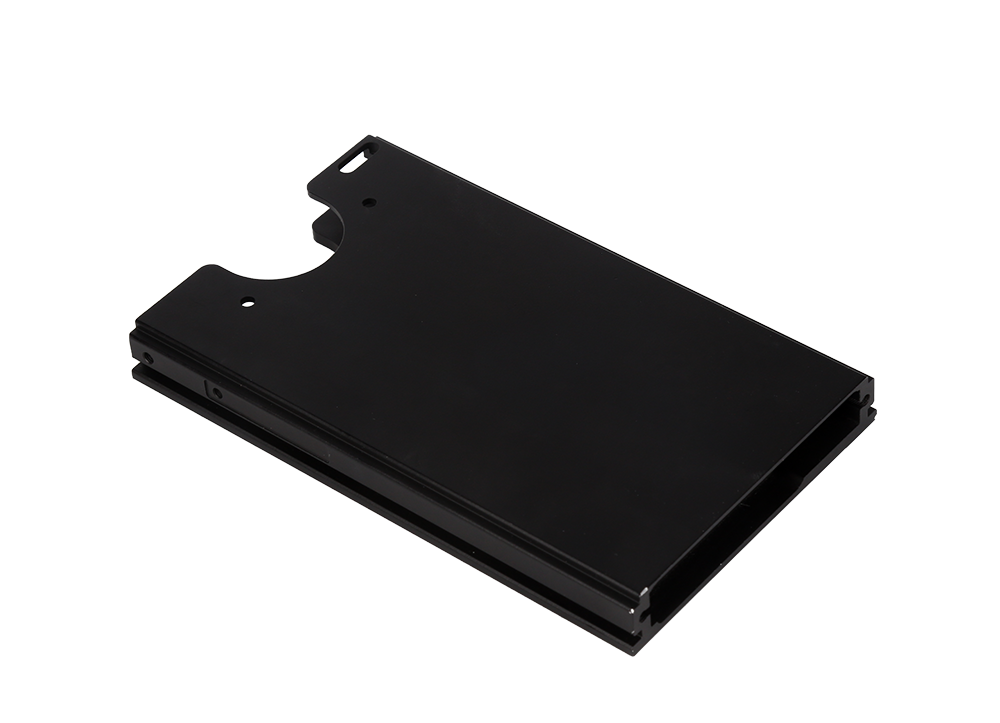Time:2022-11-08 Preview:
A variety of tools are used in the precision hardware processing industry, and in the precision metal processing with higher precision, the required quality of the tools is better, however, the tools will also wear out.
Precision metal processing
Tool wear includes the following two forms:
1. Wear due to mechanical action, such as chipping or abrasive wear;
2. Wear due to heat and chemical action, such as adhesion, diffusion, corrosion and other wear, as well as breakage, thermal fatigue, thermal cracking, etc. caused by softening and melting of the cutting edge.

Especially when cutting difficult-to-machine materials, the above-mentioned tool wear occurs in a short period of time, because there are many factors that promote tool wear in the material to be processed. For example, most difficult-to-machine materials have the characteristics of low thermal conductivity, and the heat generated during cutting is difficult to diffuse, resulting in high temperature of the tool tip, and the cutting edge is greatly affected by heat.
As a result of this influence, the bonding strength of the tool material binder will decrease at high temperature, and the particles such as wc (tungsten carbide) will be easily separated, thereby accelerating the tool wear. In addition, some components of the difficult-to-machine material and some components of the tool material react under high temperature cutting conditions, and appear to be separated out, fall off, or generate other compounds, which will accelerate the formation of tool wear such as chipping.
 Related News
Related News·How does the CNC processing center choose a tool reasonably? ·The real reason why shield clips are replacing shields ·What are the methods for tool alignment in CNC machine tools ·Requirements for CNC parts processing ·What are the metal die casting processes ·Notes on Hardware Die Casting ·CNC machining of parts ·What are the tips for the core of CNC processing to prevent the knife from hitting a knife? ·Environmental inspection conditions for metal die casting? ·Have you ever understood the development background of CNC lathe machining


